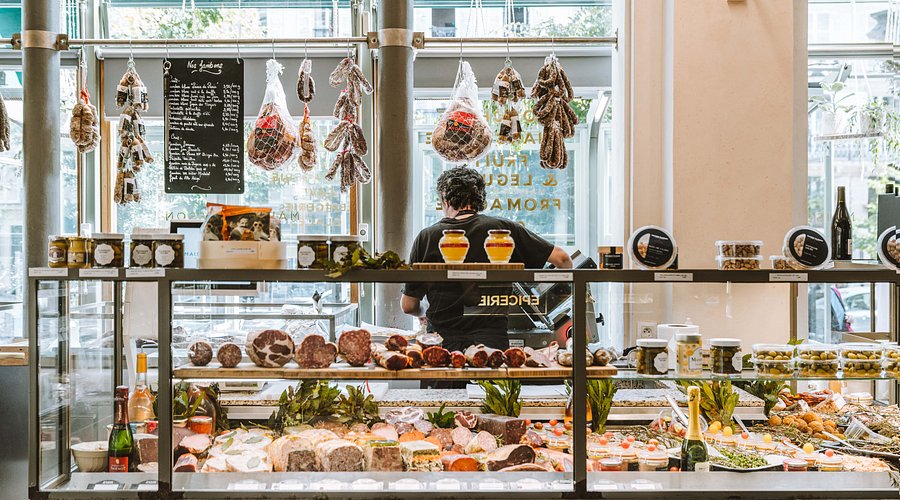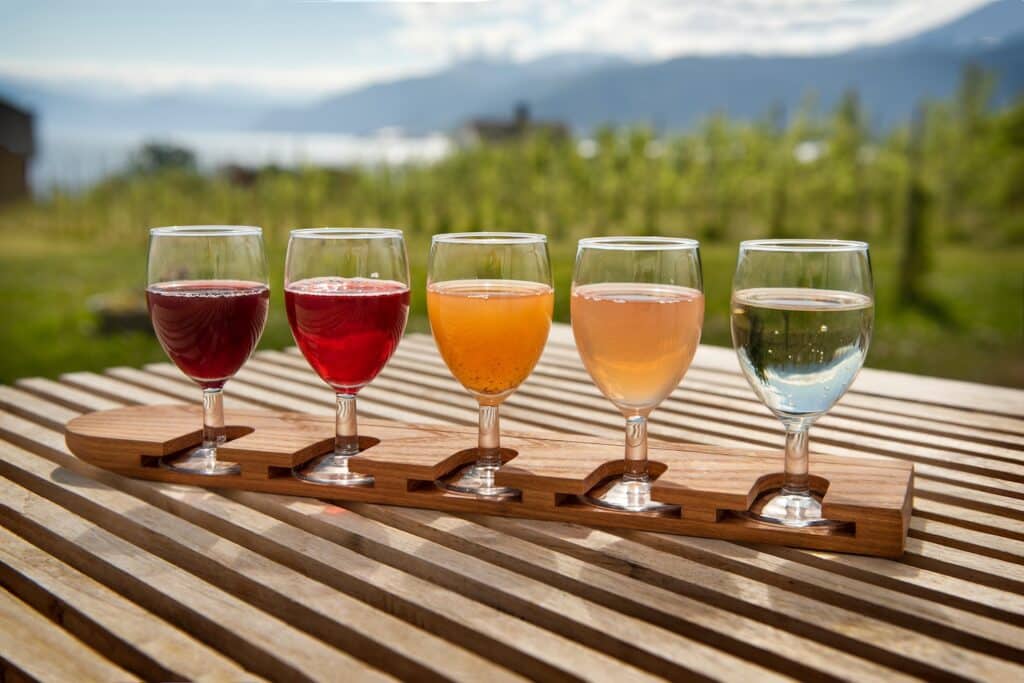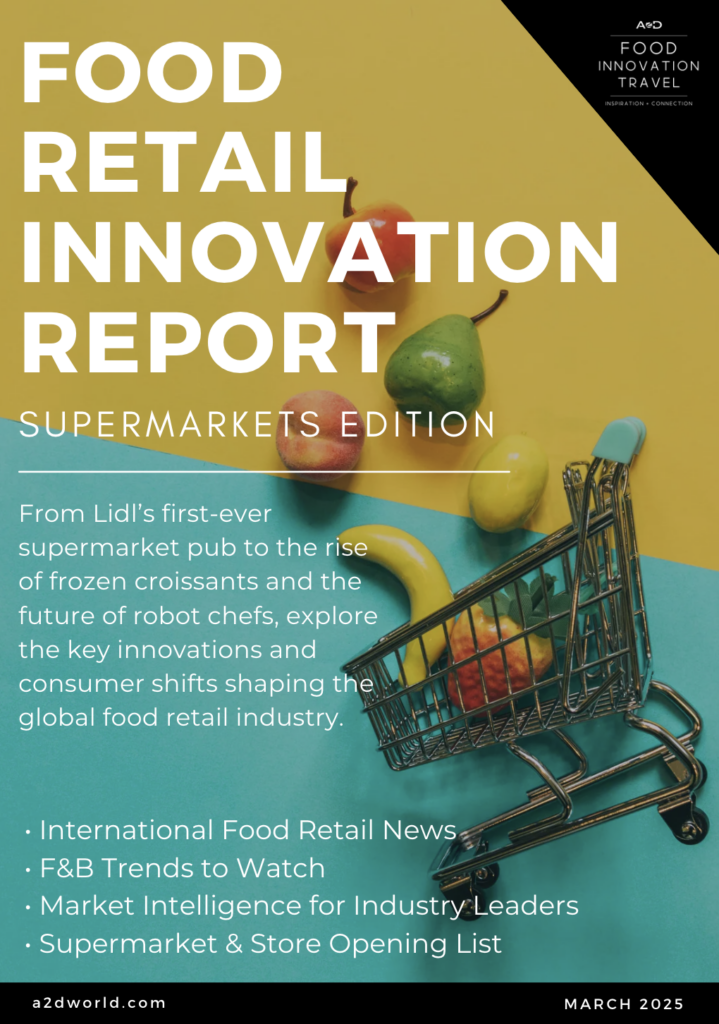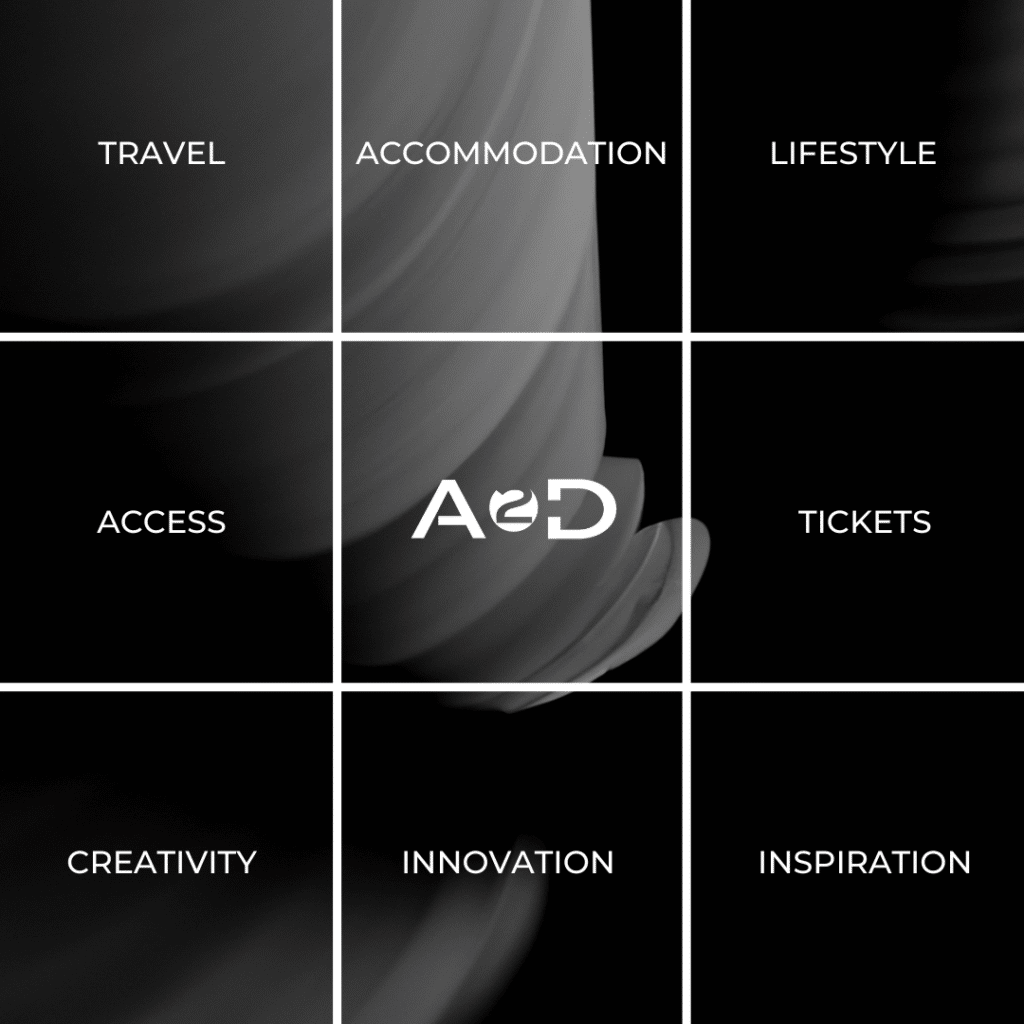As nightclubs shut across Europe and alcohol consumption dips to record lows, it’s clear that the food and beverage industry is facing a radical cultural reset. Gen Z isn’t just turning away from traditional nightlife — they’re redefining what it means to gather, taste, celebrate, and belong.
This generation doesn’t want exclusivity, they want inclusivity. They want halal menus, non-alcoholic cocktails, eco-forward brands, and supper clubs that feel like friendships. The message for the F&B world is loud and clear: evolve or be excluded.
The following eight trends are the pulse of what’s next — a blueprint for restaurants, hotels, venues, and experience makers ready to build spaces that welcome, reflect, and inspire Gen Z diners.
Non-Alcoholic Bars & Bottles Go Premium
Where: Copenhagen, Berlin, London
Why go: Because Gen Z is drinking less, but socialising more.
The rise of non-alcoholic wine, vermouth, and aperitifs has moved far beyond Dry January. Brands like Denmark’s ISH, Germany’s Undone, and UK-based Everleaf are designing flavour-forward, herbaceous, low- or no-ABV drinks that rival traditional spirits in complexity.
Pop-up NA bars across Copenhagen and Berlin serve fermented cocktails, smoked herbal tonics, and kombucha with a sommelier’s care. For restaurants and event spaces, offering a refined NA list is no longer optional — it’s essential.
The “It Shake” Trend
Where: London, Paris, Seoul
Why go: For functional flair with TikTok power.
The Gen Z shake is no longer a gym-floor afterthought — it’s a lifestyle statement. Think collagen-vanilla blends, spirulina matcha, and protein-packed iced lattes. These drinks combine wellness, branding, and aesthetics into one photogenic sip.
At Soho House and Repose Space, a holistic studio in London, custom post-workout shakes are served in boldly branded cups — status items as desirable as any designer tote. Premium names like Hermosa are helping turn everyday shakes into symbols of self-care and taste, often featuring health-focused add-ons like creatine or marine collagen.
For F&B operators, the shake bar is fast becoming the new cocktail counter — only this one boosts your glow, not your buzz.
BuzzBallz, Magnum & the RTD Renaissance
Where: UK
Why go: To explore how irony and culture drive Gen Z’s drinking habits.
RTD (ready-to-drink) beverages are back — but this time, they’re bold, fun, and hyper-branded. BuzzBallz, with its neon spherical packaging and cocktail flavours like “Strawberry ’Rita,” has become a pre-party cult item among Gen Z. It’s irreverent, viral, and unapologetically loud.
Alongside it is Magnum, the £4 Jamaican tonic wine steeped in dancehall culture, now a staple on UK shelves with sales topping £26.3 million. For Gen Z, both drinks offer more than flavour — they signal identity, energy, and social currency in a bottle.
Supper Clubs Are the New Night Out
Where: London
Why go: For connection without the chaos.
With nightclubs fading, Gen Z is embracing curated dining experiences instead. Supper clubs like Dinner for One Hundred and The Candid Club offer themed menus, shared tables, and a chance to connect IRL — minus the noise.
From Shoreditch to west London, these events mix food, fashion, and friendship. Think prosecco, plantain chips, and playlists instead of DJs. It’s nightlife reimagined: slower, social, and full of flavour.
Halal Everything
Where: UK, France, Germany
Why go: To serve the fastest-growing segment of ethical diners.
Gen Z’s dietary choices aren’t just about health — they’re about identity and inclusion. In London, halal-friendly menus are fast becoming the norm, not the niche. From Dishoom to Smoky Boys, leading restaurants are expanding halal options beyond grilled chicken to include steaks, burgers, desserts and drinks.
France’s halal gourmet bistros and Berlin’s “Muslim hipster cafés” mirror this rise. As diverse dietary needs go mainstream, the message is clear: be inclusive — or be irrelevant.
Quiet Luxury, Loud Values
Where: Stockholm, Amsterdam, Lisbon
Why go: For ethical, design-forward cafés that speak softly but powerfully.
Scandinavian and Western European cafés are capturing Gen Z hearts with minimalist aesthetics and maximalist values — sustainability, transparency, local sourcing. Think: sea buckthorn juice in frosted glassware, menus with carbon footprint tags, and baristas who can explain every bean’s origin.
In Stockholm’s Pom & Flora or Amsterdam’s Soil, there’s no logo-screaming — just considered spaces for considered consumption. Perfect for brands embracing a less-is-more approach to storytelling.
Dubai Chocolate & the Power of Pistachio
Where: UAE, UK, France
Why go: To witness how TikTok can reshape entire food supply chains.
Dubbed “Dubai chocolate,” a pistachio cream-filled bar made with milk chocolate and kataifi pastry has gone viral — and not just in the UAE. First popularised by luxury Emirati chocolatier Fix, the bar named Can’t Get Knafeh of It exploded on TikTok, racking up over 120 million views and sparking a global obsession with pistachio-based treats.
The ripple effect? A worldwide pistachio shortage, price spikes, and imitators from Lindt to Läderach rushing to keep up. From Paris to Peckham, the pistachio chocolate craze has landed on corner store shelves and café menus — a testament to how Gen Z’s viral tastes can transform supply chains and redefine indulgence overnight.
Japan’s Functional Minimalism
Where: Tokyo
Why go: For wellness vending, tea labs, and “quiet snacking.”
In Tokyo, Gen Z’s approach to food is deeply intentional. Matcha cafés double as meditation studios. 24-hour vending machines dispense cold tofu, omega-rich seaweed snacks, and vitamin-charged kombucha.
Venues like Niko And… or Tealab fuse function, flavour, and calm design — offering a model for wellness retail beyond supplements. For wellness-focused brands, Japan’s snack culture is an inspiration in micro-packaged purpose.
Why It Matters
The future of F&B doesn’t just belong to Gen Z — it’s being actively rebuilt by them. This is a generation reshaping consumption as an act of inclusion, health, and identity. They don’t want bottles popping — they want menus that listen.
From halal innovation and non-alcoholic bars to value-driven design and global flavour fusion, these trends aren’t seasonal — they’re structural. If the industry wants to stay relevant, it must stop marketing at Gen Z and start building with them.
Are you ready to take your business beyond traditional consulting and into the real world of food innovation? Get in touch and start your journey today.
About A2D World
Through three decades, A2D World has been at the forefront of creating unparalleled travel experiences for both private and corporate clients. Our mission is to provide easy and reliable access to unique and meaningful experiences, connecting clients to some of the most inspiring people and places globally. With a passionate, multi-talented, and multilingual team, we bring decades of expertise in travel, hospitality, innovation, and service.
At A2D World, we believe that experiencing innovation firsthand is far more valuable than relying on traditional consulting firms. Our Food Innovation Travel concept is designed to provide you with tangible insights, direct connections, and actionable strategies—without the hefty consultant fees.
Stay Ahead – Sign Up for Our Newsletter!
SIGN UP FREE
Receive our latest Food Retail Innovation Magazines & Reports.
Want to be the first to hear about the latest innovations in food retail, gain exclusive insights from our journeys, and be inspired by the best solutions from around the world? Subscribe to our newsletter today and get valuable industry insights delivered straight to your inbox!
How Food innovation travel Works
Every Food Innovation Travel program combines the best of our expertise in travel, business and entertainment.
BUSINESS
Site Visits
Meetings
Networking
Brainstorming
TRAVEL
Flights
Hotels
Transfers
Private Charter
ENTERTAINMENT
Restaurants
Activities
Concerts
Events









